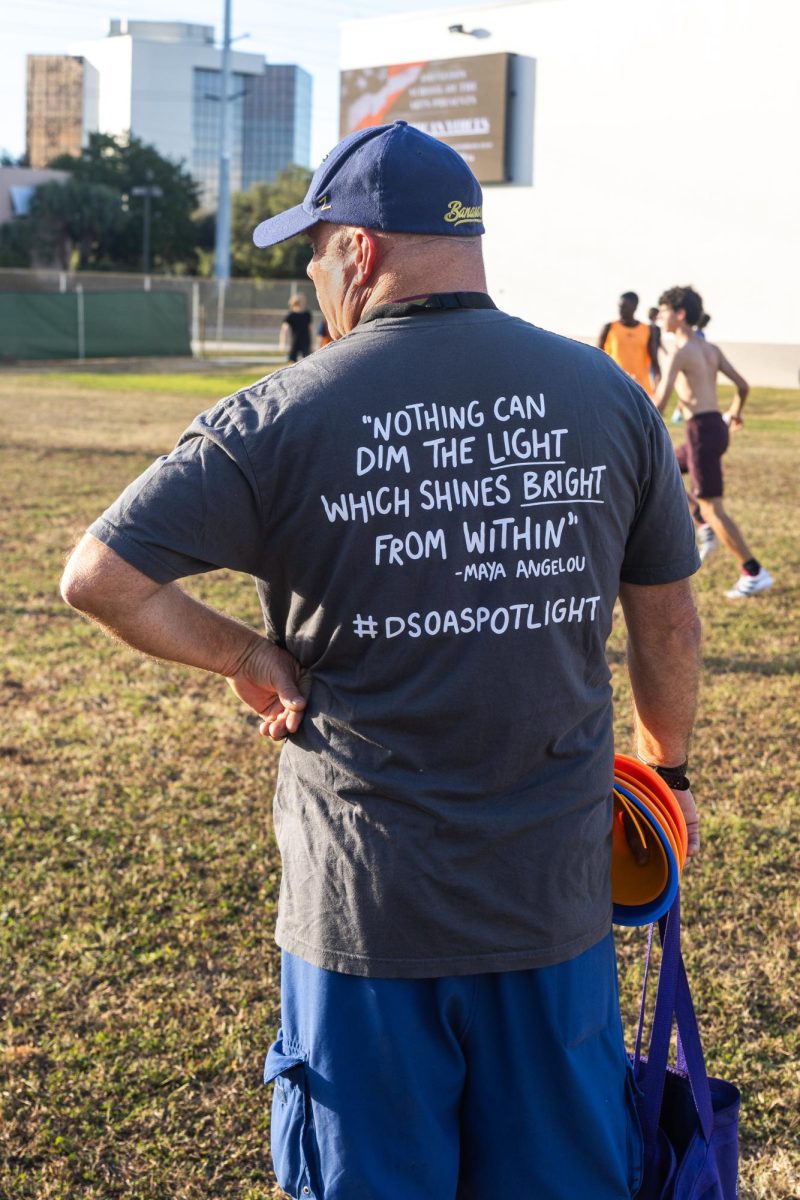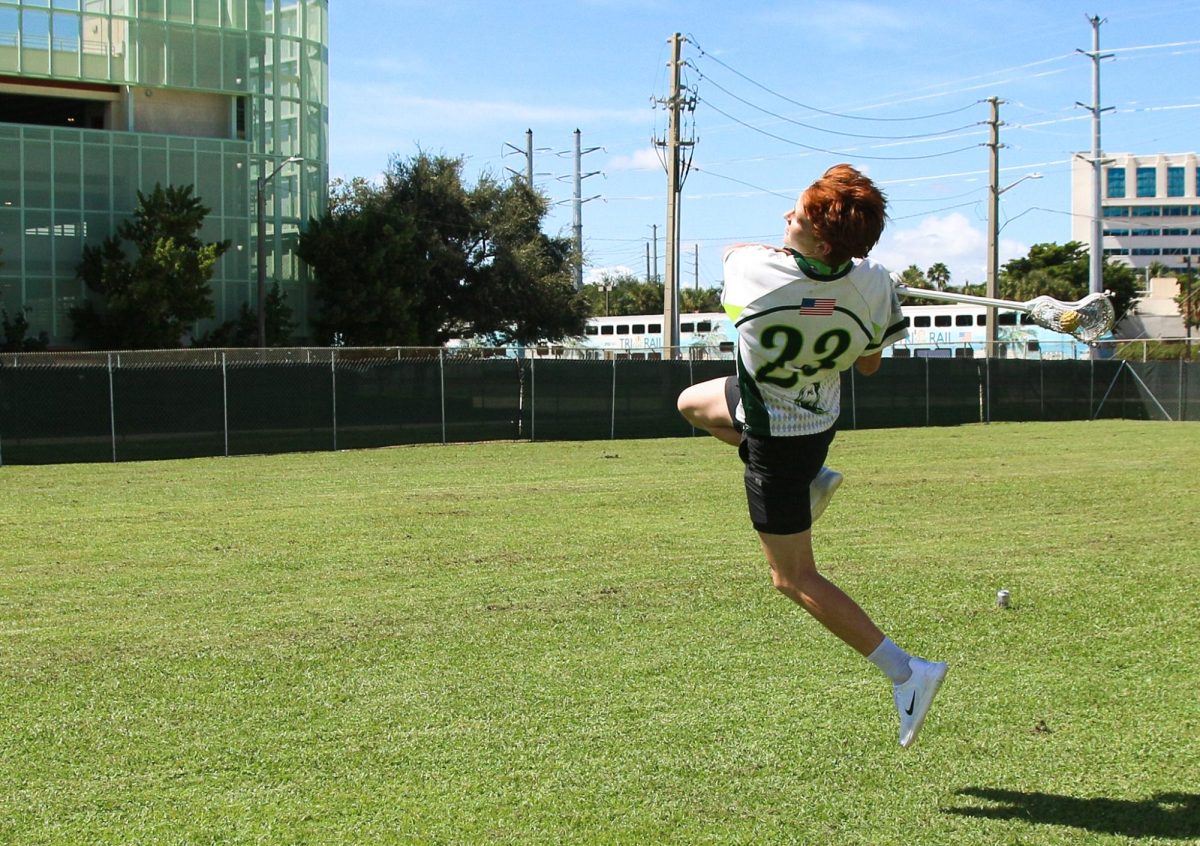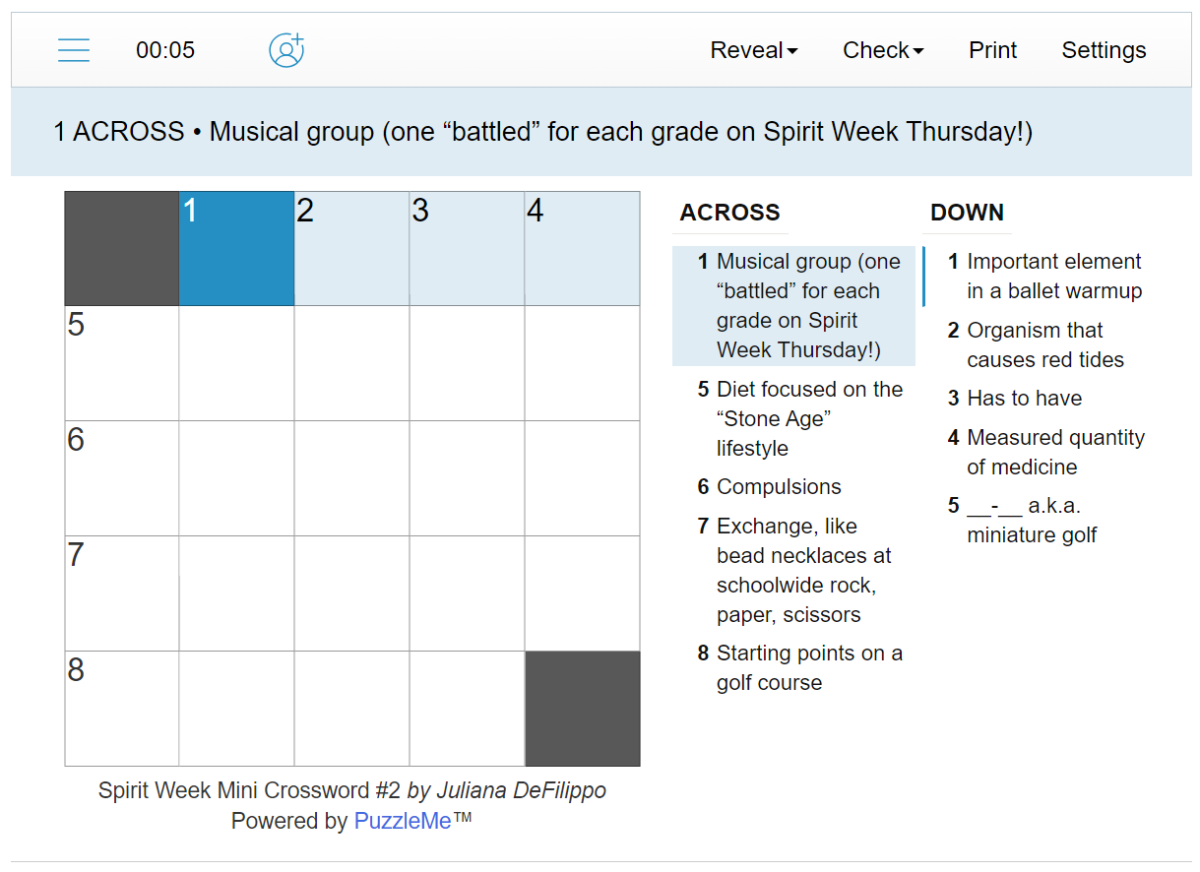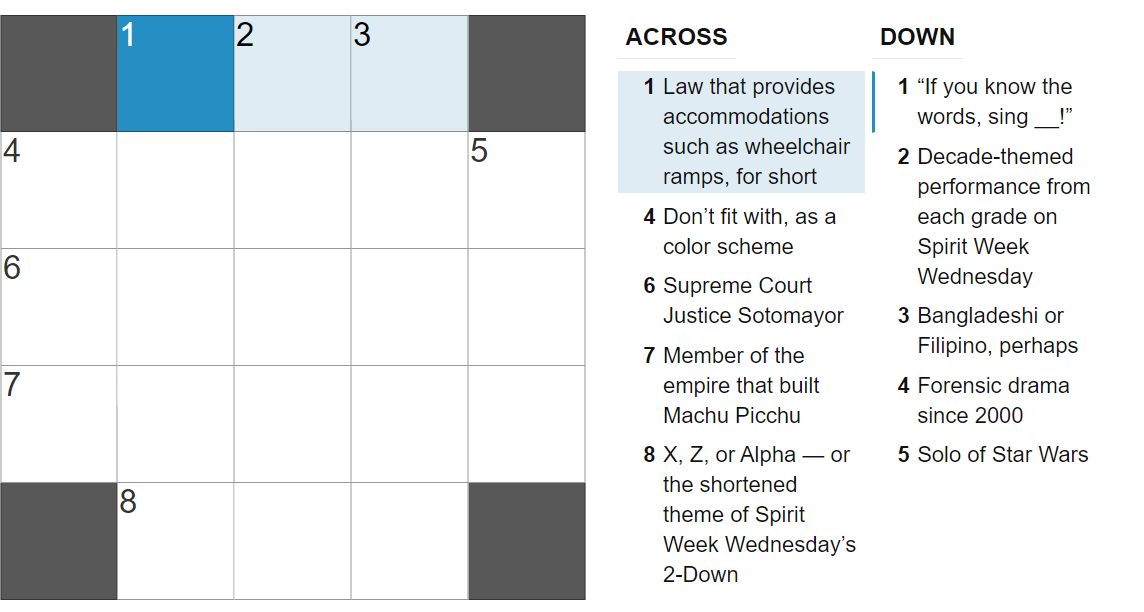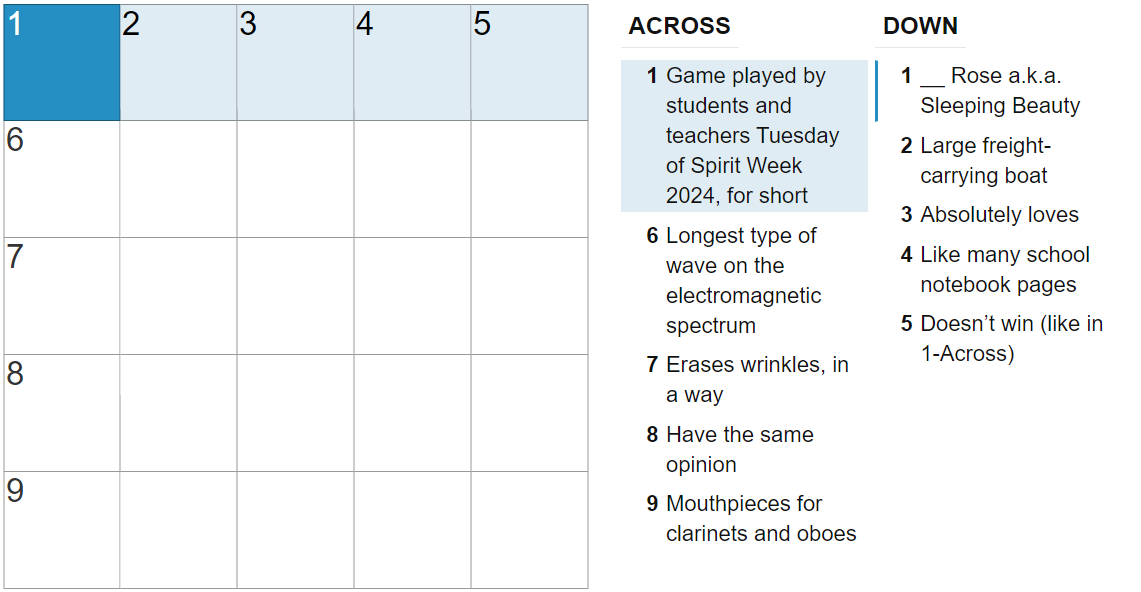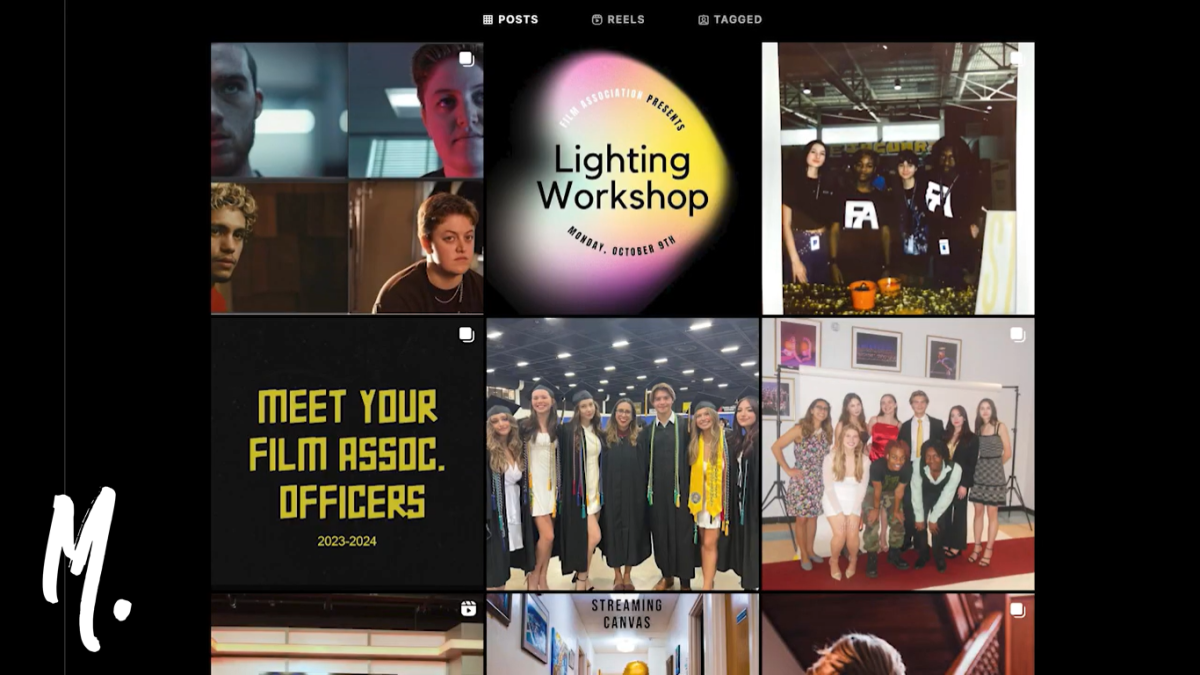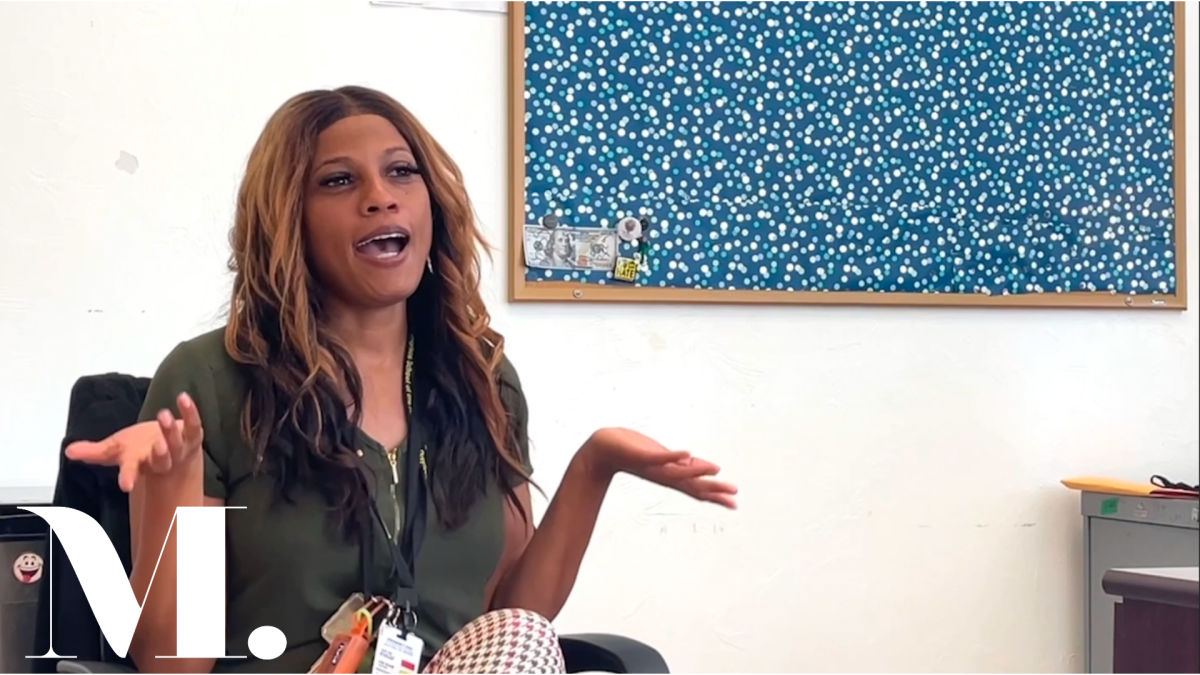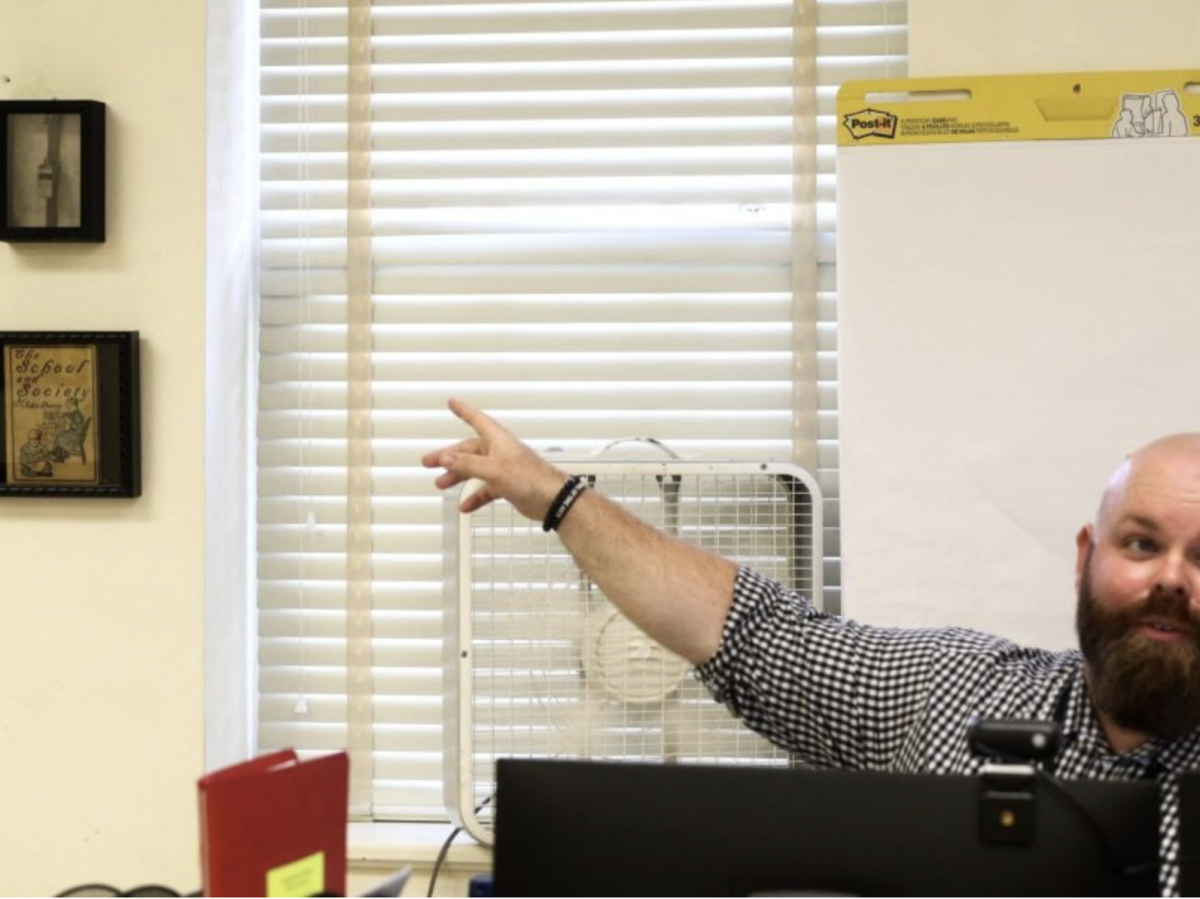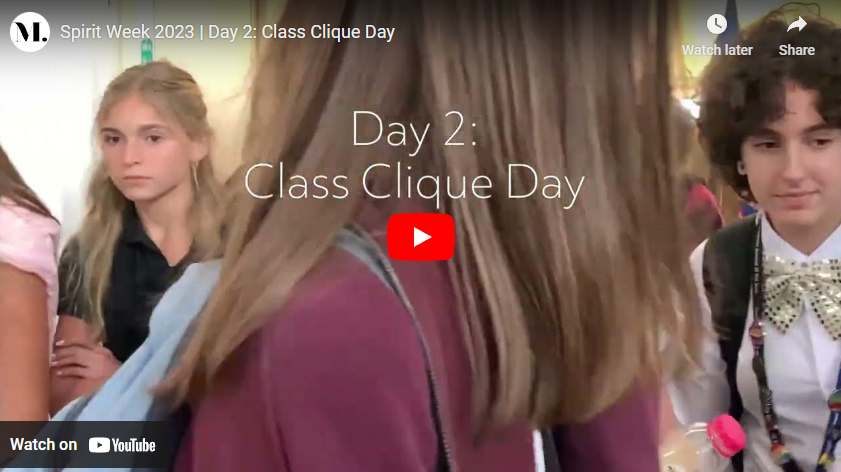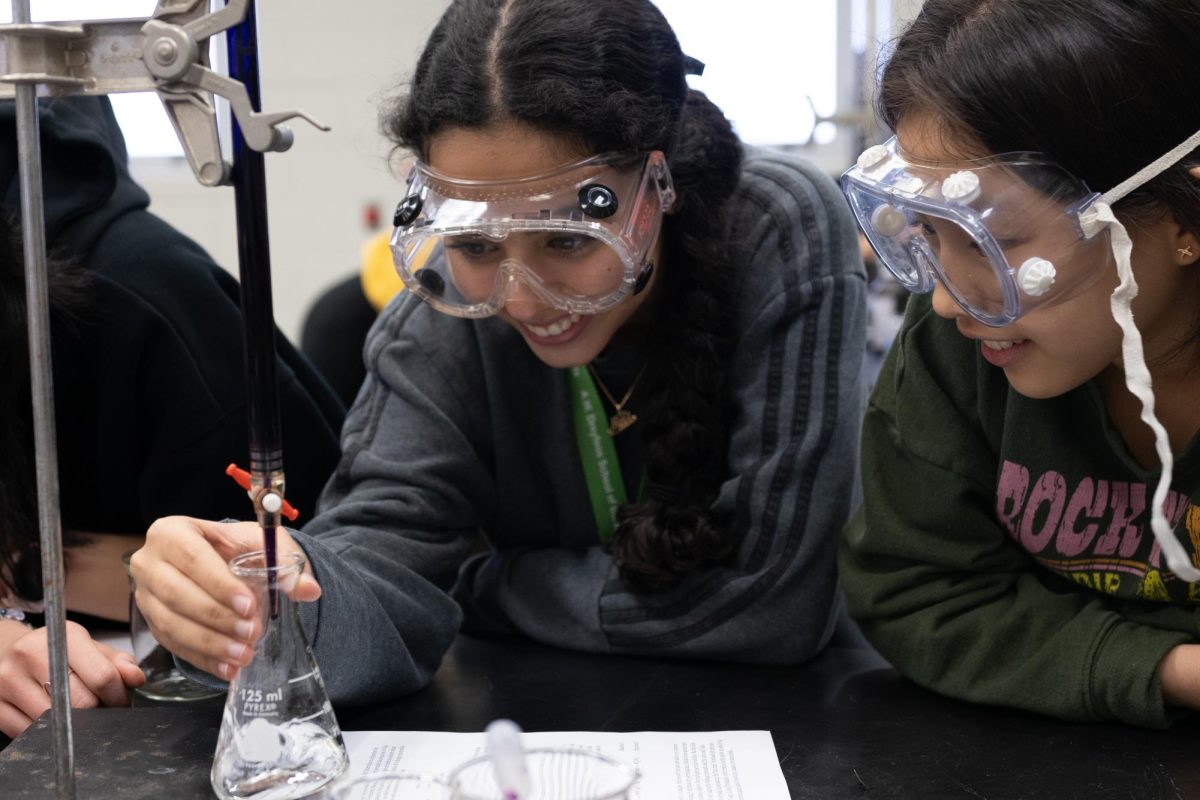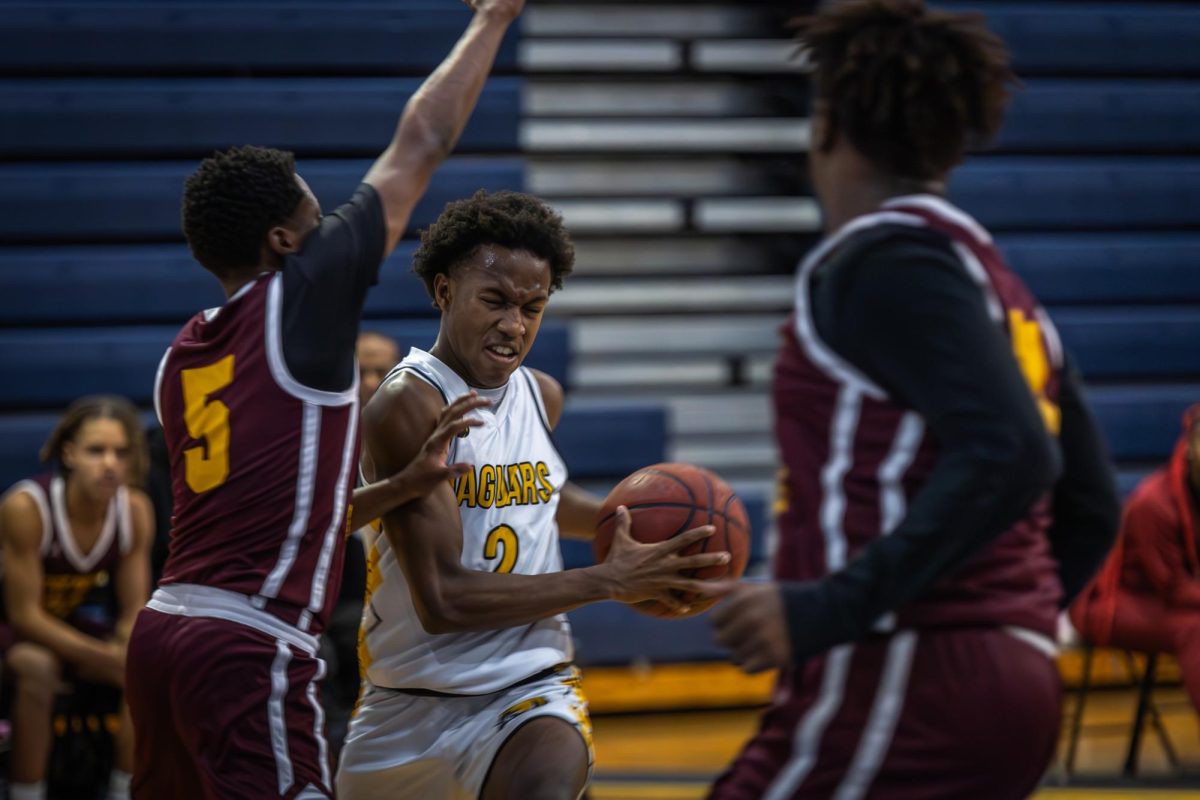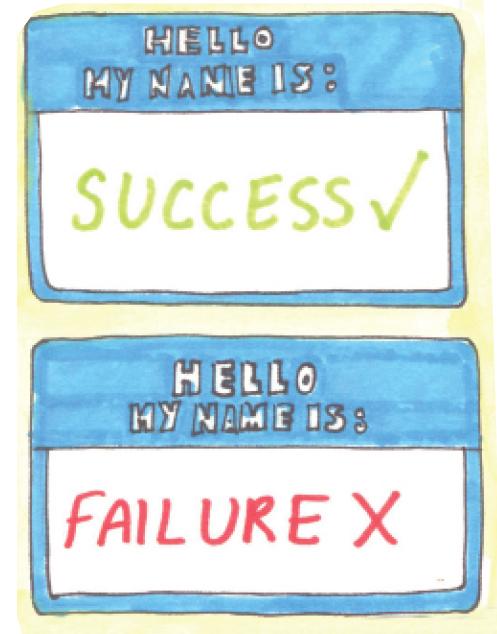One of the first important decisions parents make is choosing a name for their child. First impressions are not only based on appearances, but also on names. This decision is daunting because studies suggest that stereotypes based on names do prevail and a given name may influence a person’s self-esteem and how others perceive them.
Preconceived notions are potentially detrimental to a student’s career opportunities. Research demonstrates that names affect personalities; this characteristic may be judged during job interviews. “If we as a society pay a lot of attention to names it makes a lot of sense that people’s names might influence how they think about themselves and the way in which people might think about them,” said David Figlio of Northwestern University.
A study performed in 2010 by Live Science, a science news website, provides examples of how names can determine identity. Males with traditionally female names tend to misbehave more than males with masculine names. Carrying a girl’s name can create a feeling of inadequacy, and these boys may engage in violence or drug use in an attempt to prove their masculinity. Parental and peer treatment can be based on name- gender association.
On the other hand, females who possess typically male names tend to gravitate towards more masculine areas of study. “I found girls with names that are relatively feminine in high school chose advanced coursework in humanities. Less feminine are more likely to choose math and science courses,” Figlio said.
Additionally, there are obstacles for those with names that sound like they come from a low socioeconomic status. Jean Twenge of San Diego State University found that parental and peer expectations factor into a student’s success and those with names that sound as though they come from low socioeconomic conditions are considered less likely to achieve. She states that these stereotypes can be adopted by the students themselves and effect their self esteem and work ethic. Teachers are less likely to recommend these students for gifted classes and often label them learning disabled. When evaluating applications, employers consider professors’ reports.
Fortunately, there is a way to turn a name from a hindrance to a help. Place yourself, not your resume, in front of a hiring manager. Being polite and self assured will leave an impact on the employer. When reviewing your resume, a positive connotation will be associated with your name. Although a name influences identity, it does not determine the future.





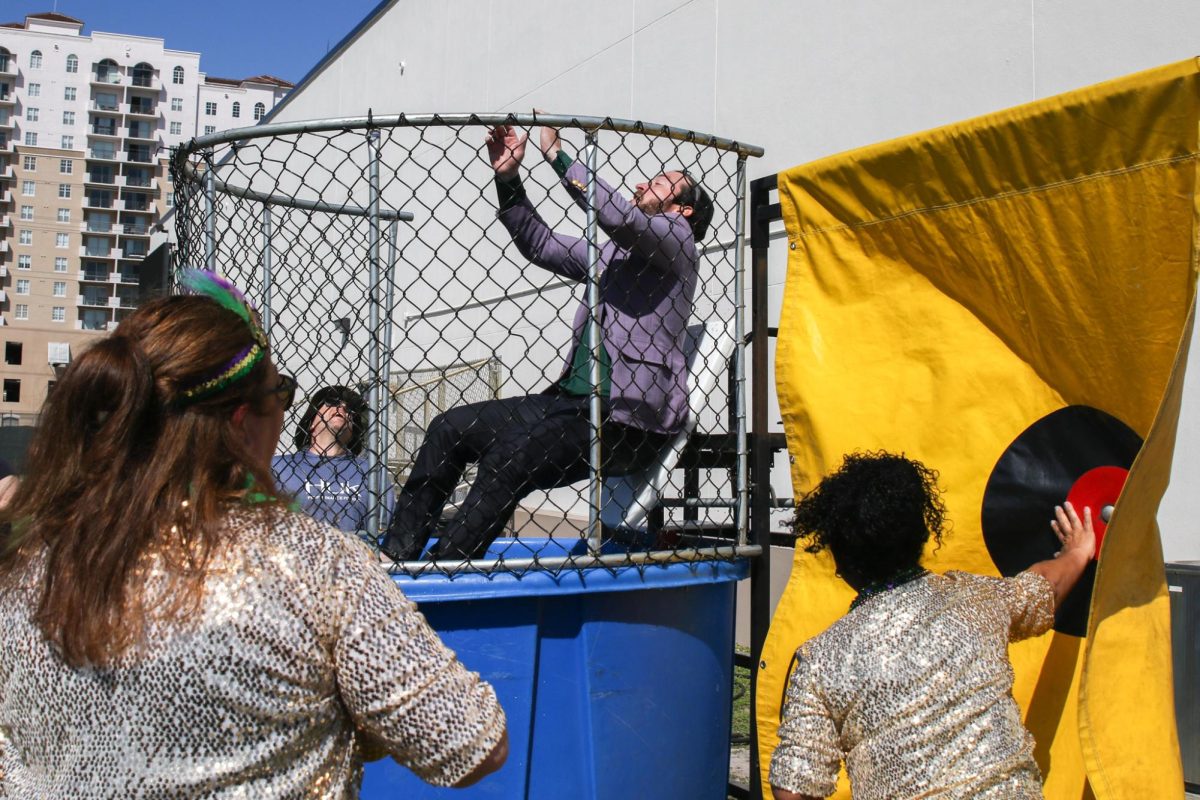
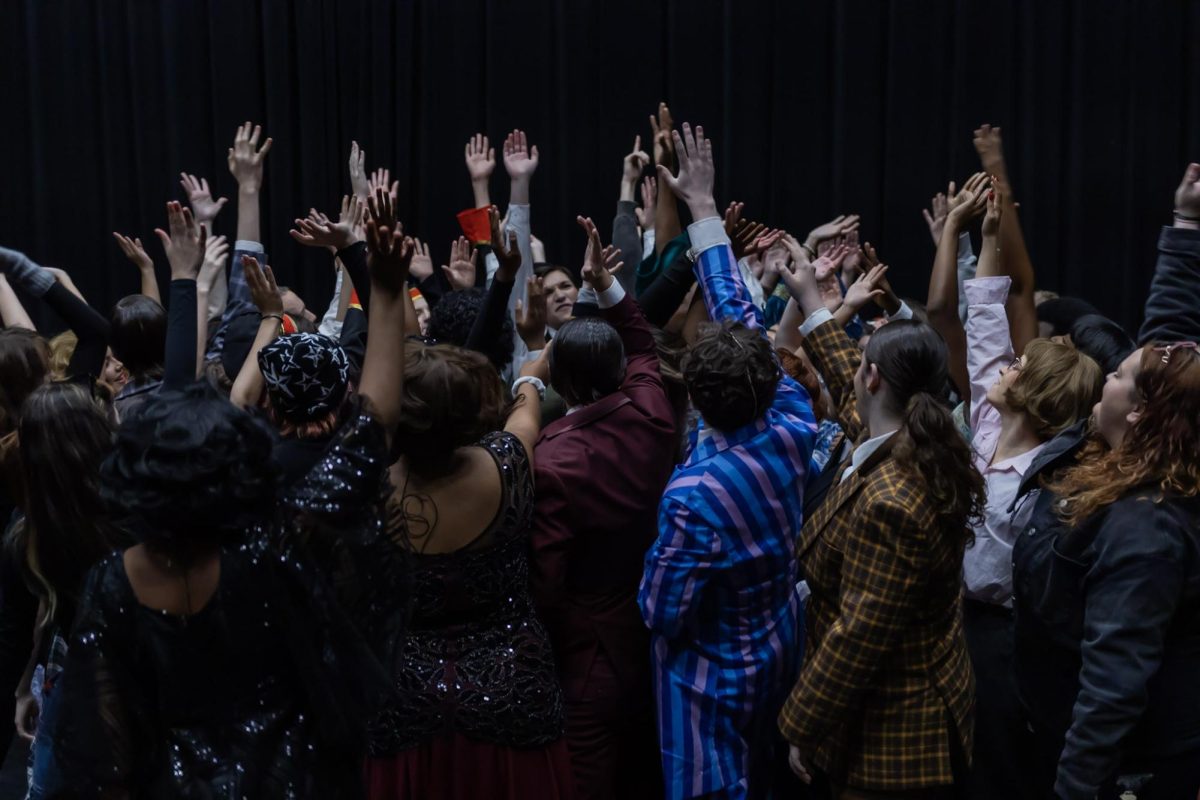
![[BRIEF] Fire Alarm Interrupts Class](https://www.themuseatdreyfoos.com/wp-content/uploads/2023/10/breaking-news-1200x927.png)

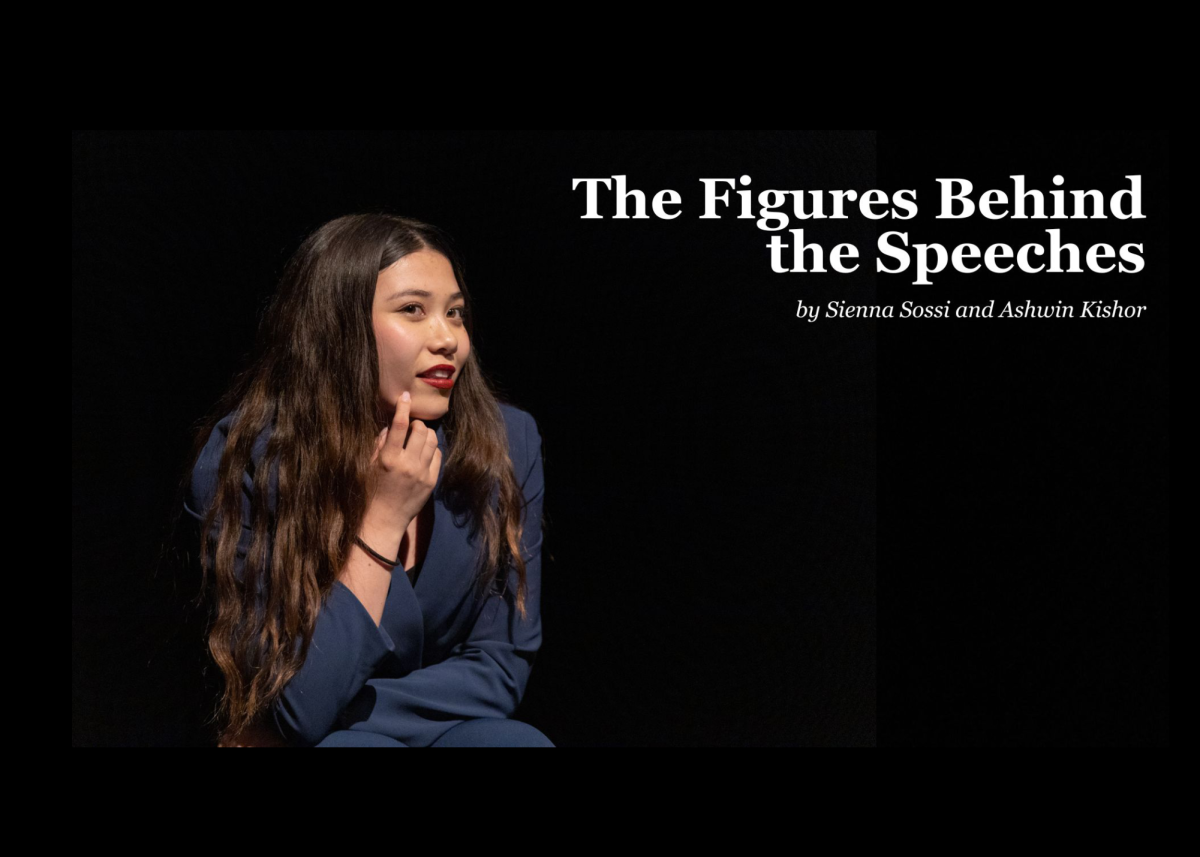




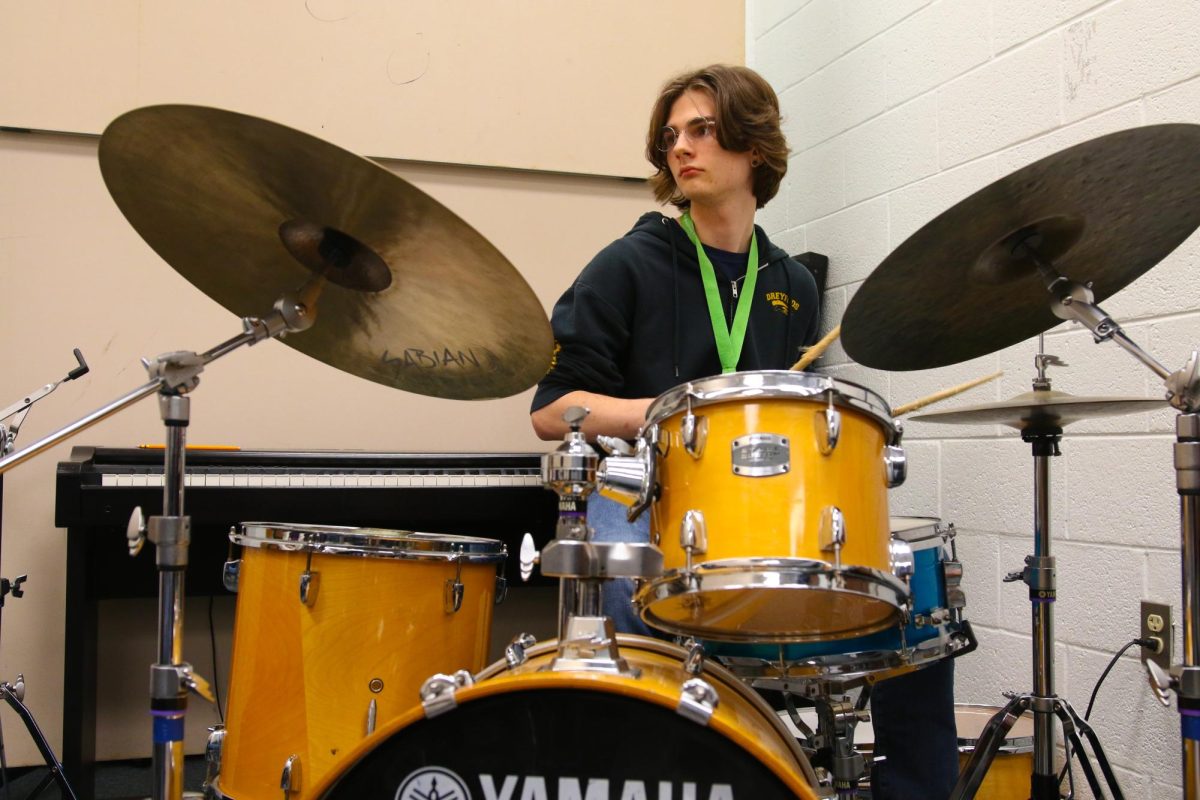

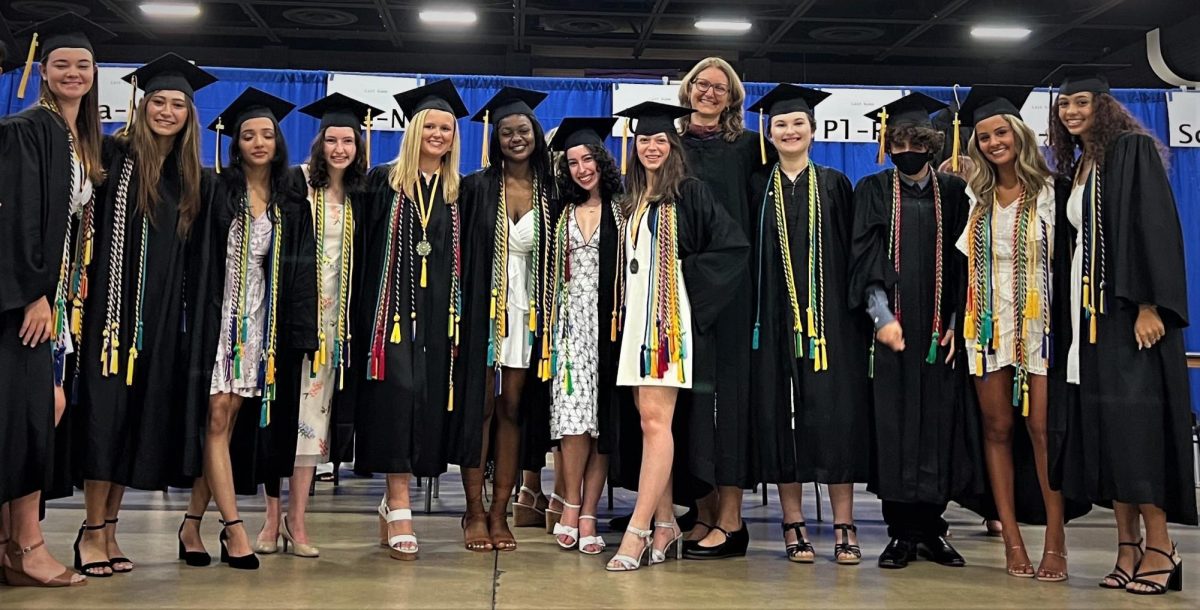

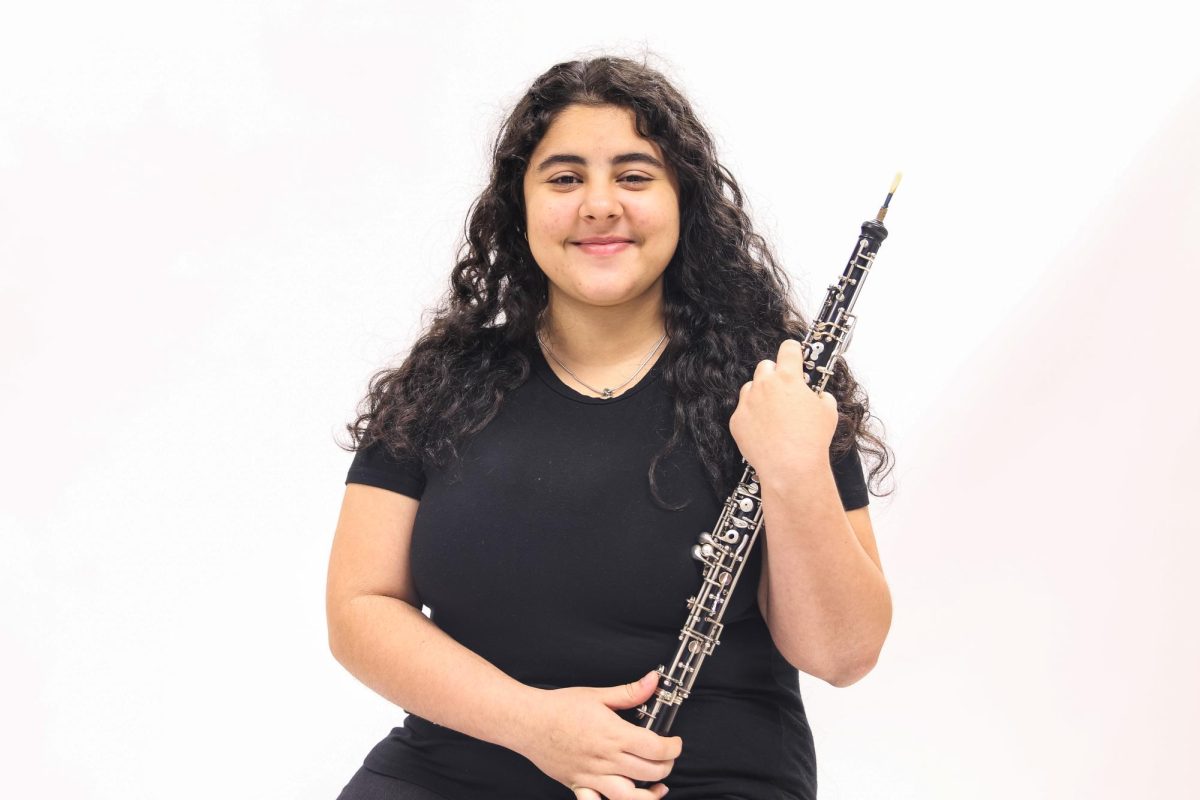
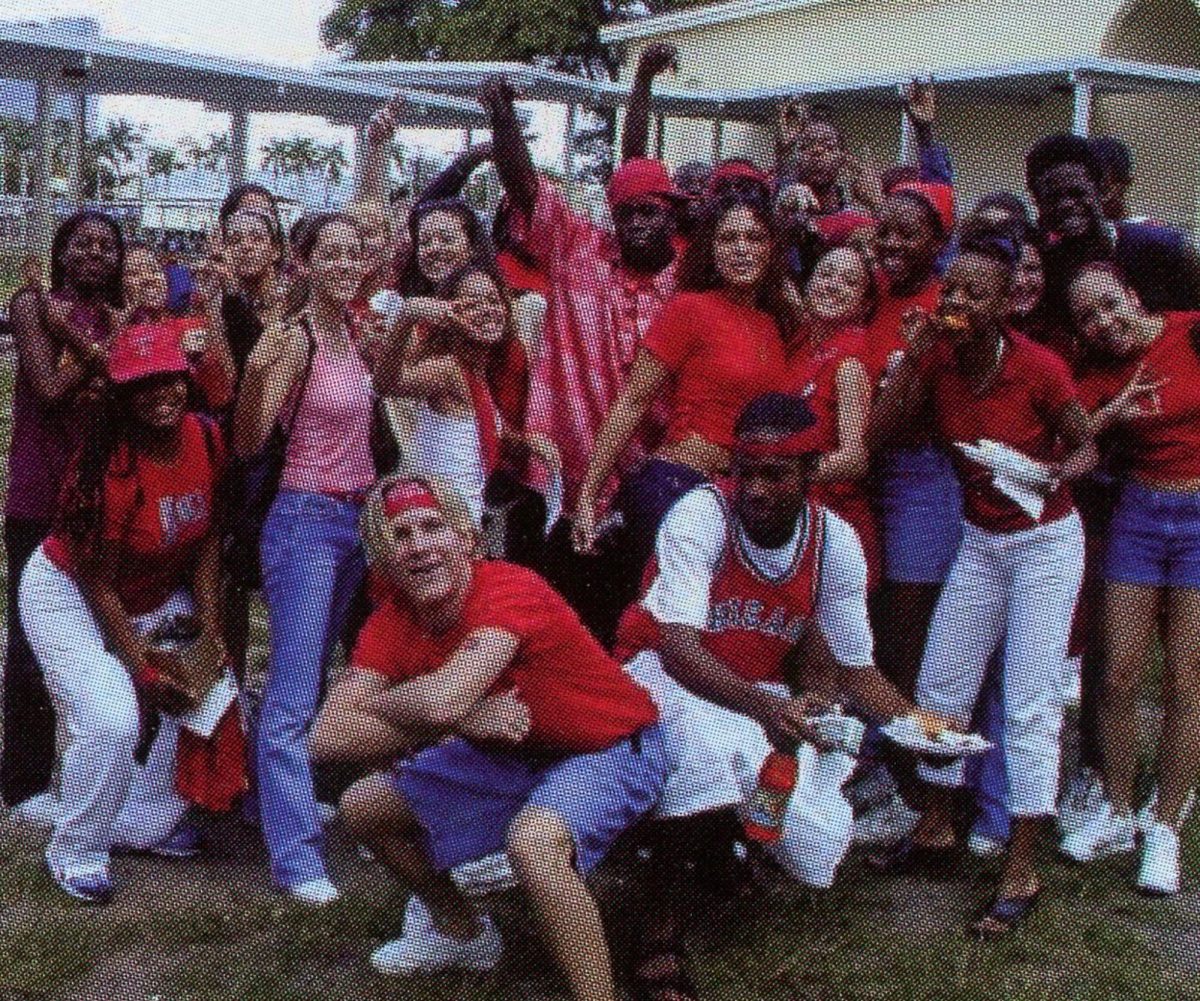


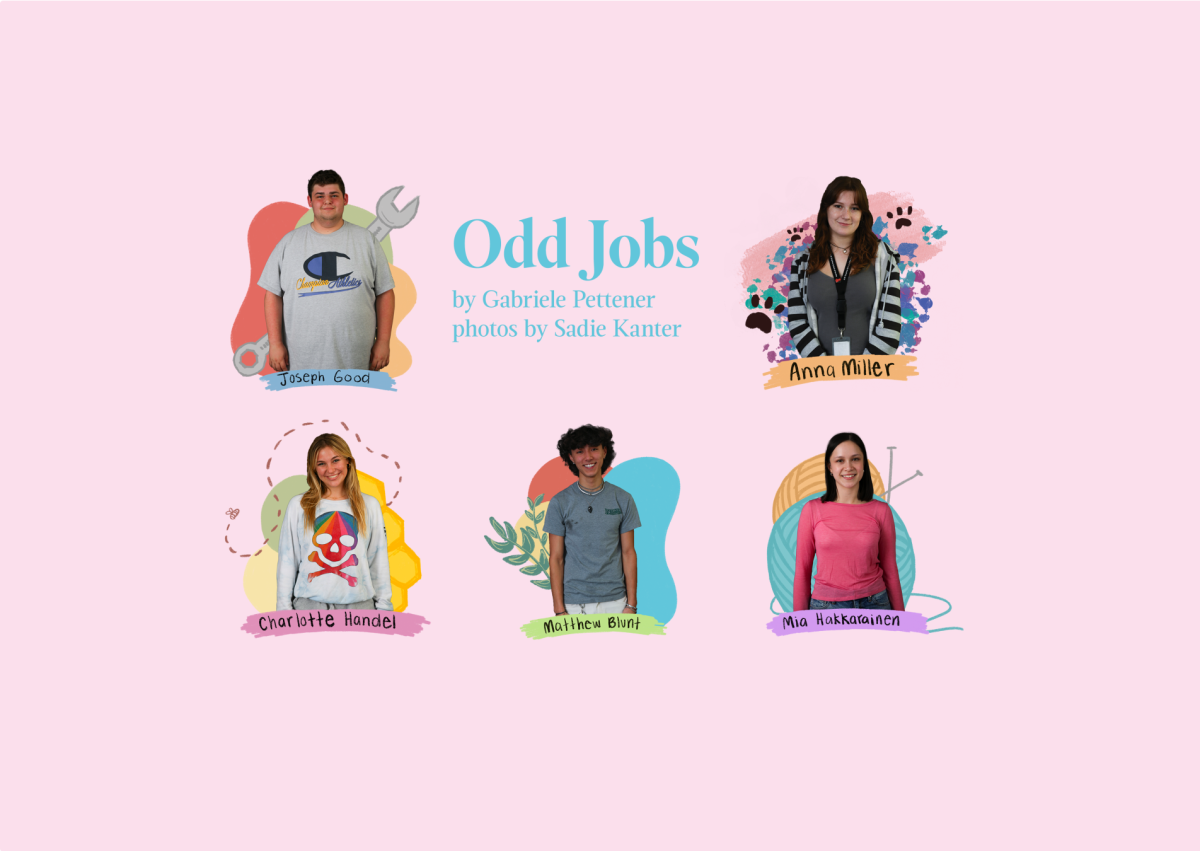



![[SATIRE] Spirit Week: Written in the Stars](https://www.themuseatdreyfoos.com/wp-content/uploads/2024/03/front.png)



